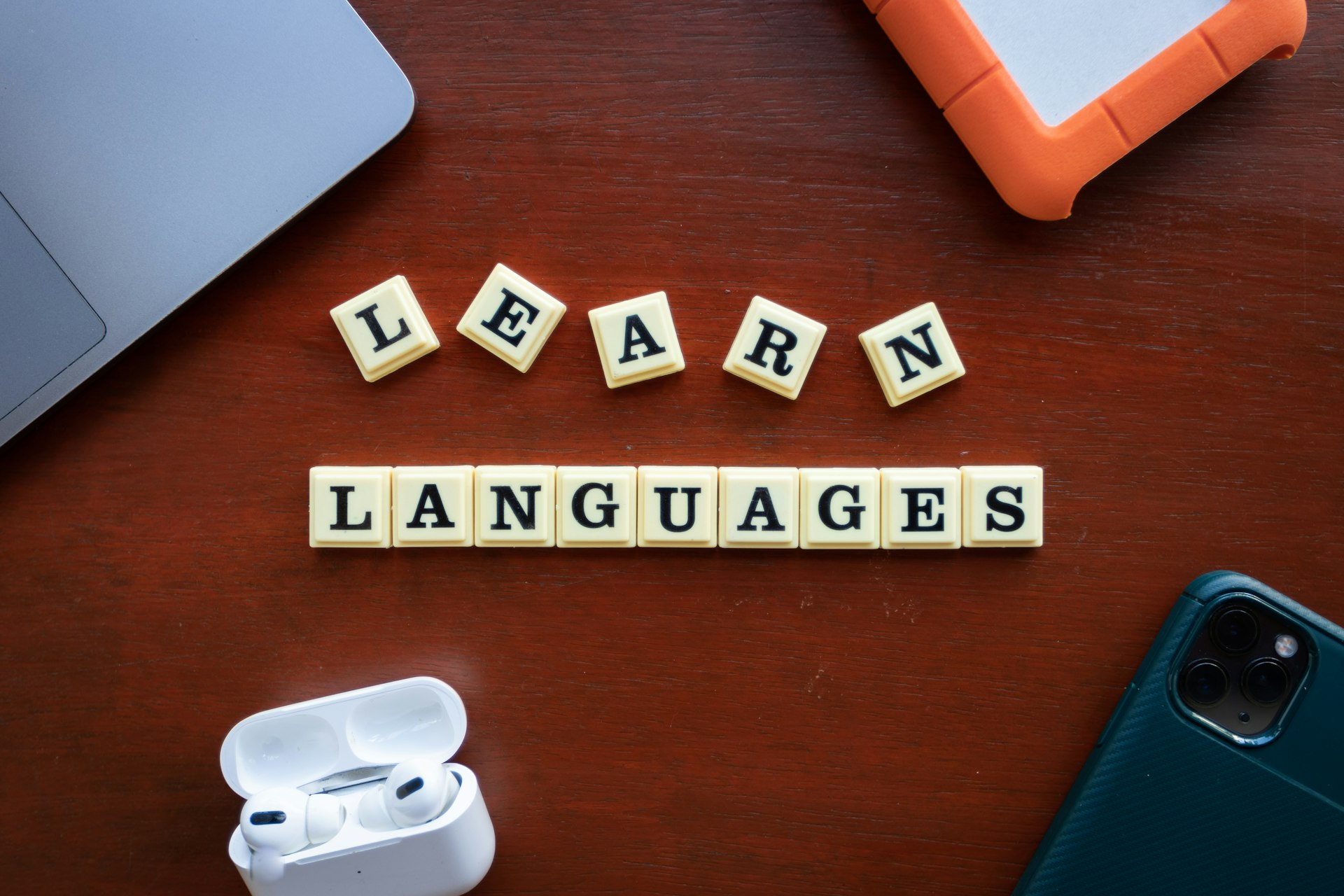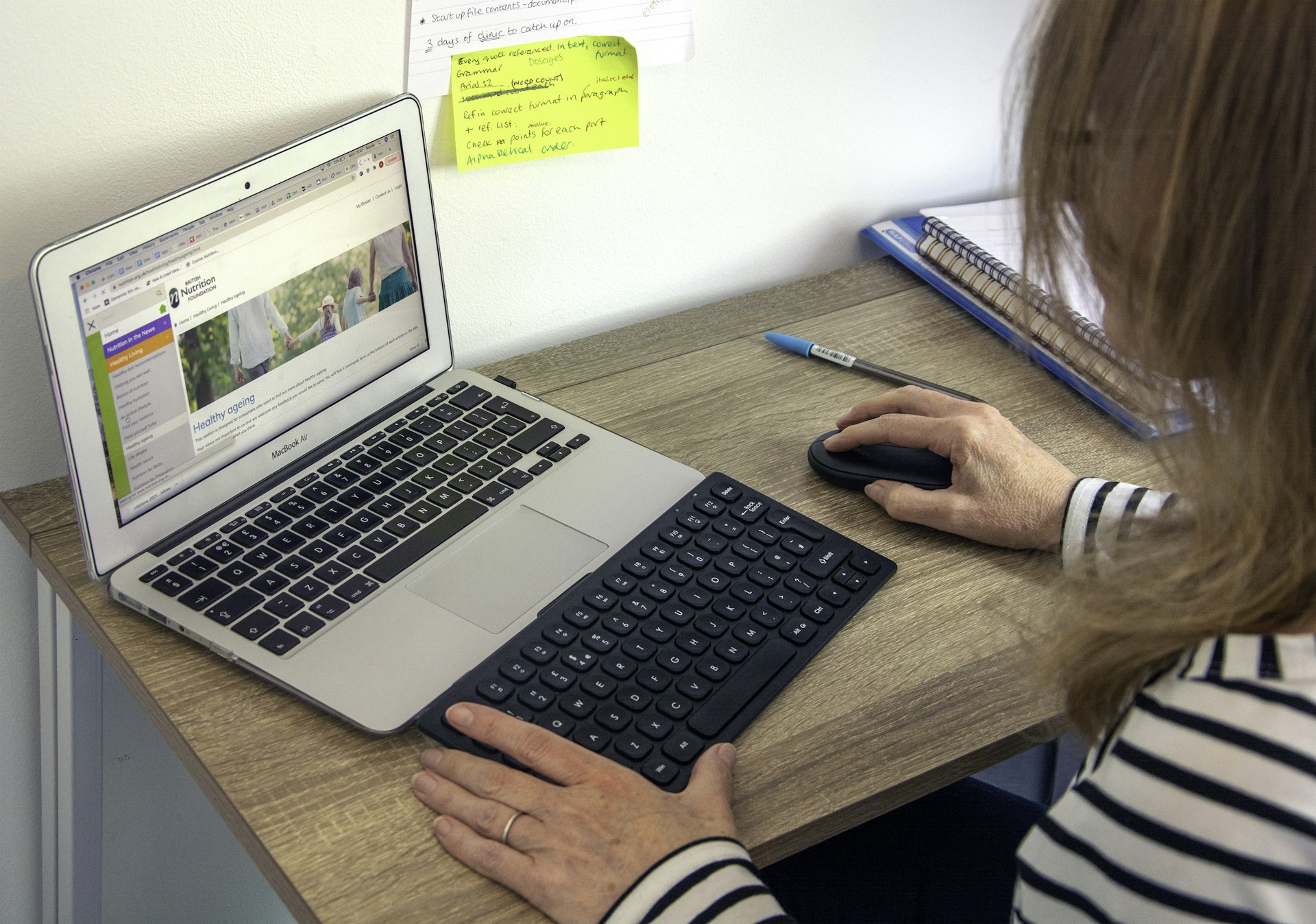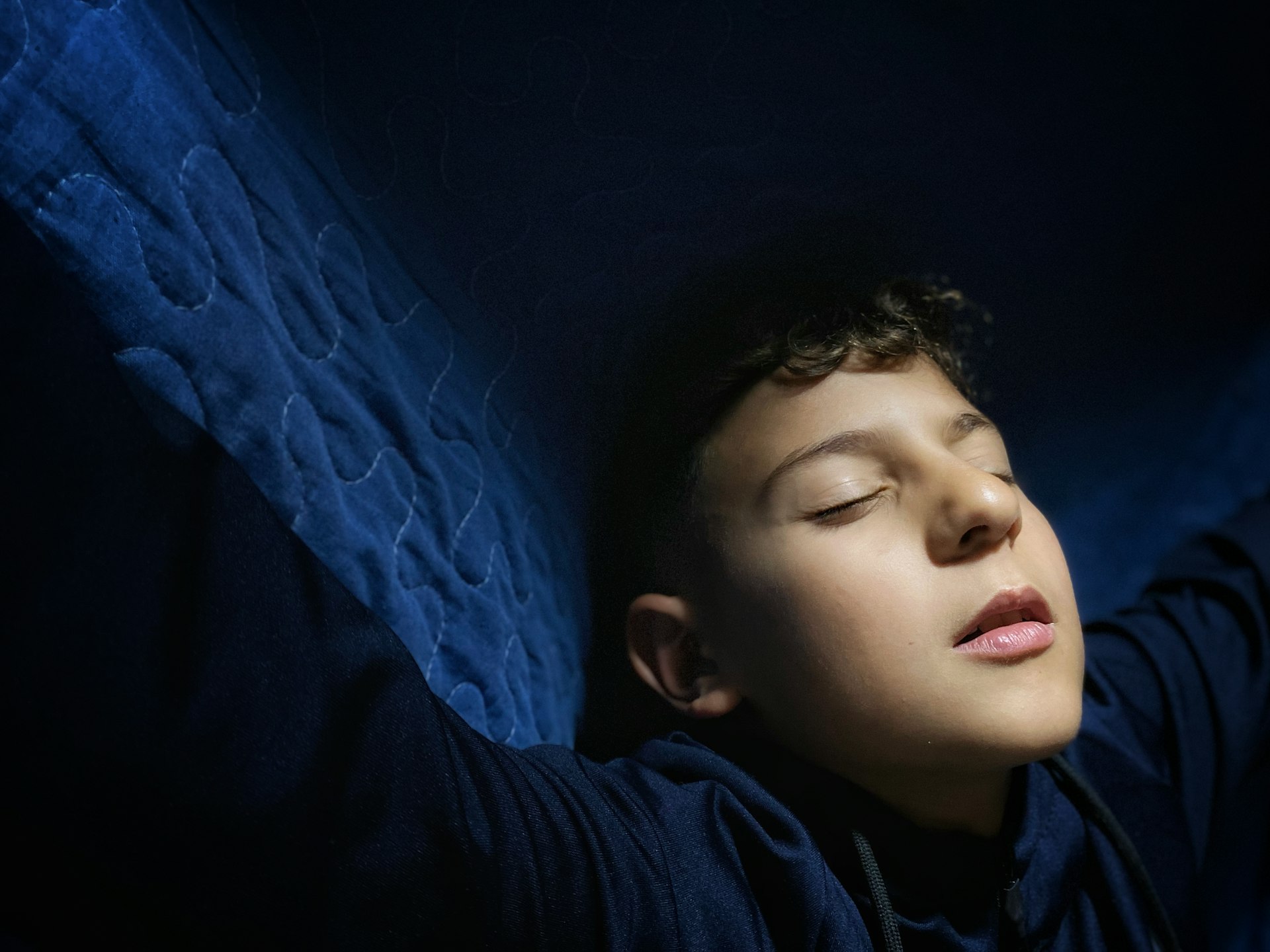Understanding the Impact of Social Media on Mental Health: Risks, Benefits, and Practical Guidance

Photo by Brett Jordan on Unsplash
Introduction: The Digital Age and Mental Wellbeing
Social media platforms have transformed the way people connect, share, and communicate. While digital networks offer opportunities for self-expression, support, and information, there is growing concern about their potential negative effects on mental health. Recent research highlights both risks and benefits of social media use, especially among adolescents and young adults. Understanding these effects is essential for individuals, families, and professionals aiming to foster healthier online habits and support those experiencing digital-related distress.
The Relationship Between Social Media and Mental Health
Numerous studies indicate a significant association between heavy social media use and increased symptoms of anxiety, depression, and loneliness, particularly in young people. One major study found that adolescents who spent more time using social media or smartphones reported higher levels of depressive symptoms and were at greater risk of suicide than those engaging more in offline activities such as sports or in-person social interaction [1] . Similarly, a systematic review concluded that the use of social networking sites is linked to an increased risk of depression, anxiety, and psychological distress, especially among adolescents [5] .
For example, the rollout of Facebook access in U.S. colleges correlated with a measurable increase in severe depression (by 7%) and anxiety disorders (by 20%) among students, according to a large-scale study utilizing data from the National College Health Assessment [4] . These findings suggest that the introduction and widespread adoption of social media platforms can have a direct, negative impact on the mental wellbeing of vulnerable populations.
Key Mechanisms: How Social Media Affects Mental Health
Social media may influence mental health through several interrelated mechanisms:
- Social Comparison: Platforms encourage users to compare themselves to others, often unfavorably, which can lower self-esteem and increase depressive or anxious feelings. Adolescents with internalizing mental health conditions (such as depression or anxiety) are especially prone to negative effects from such comparisons [2] .
- Displacement of Face-to-Face Interaction: Time spent online often reduces time available for in-person socialization, which is important for emotional support and healthy development. This displacement can lead to increased loneliness and further exacerbate mental health issues [1] .
- Exposure to Cyberbullying and Negative Content: Social media can also be a venue for harassment, cyberbullying, or exposure to distressing information, all of which have been linked to psychological distress and increased risk of depression in young users [5] .
- Feedback Loops and Mood Regulation: Adolescents with internalizing mental health conditions report that the feedback they receive (likes, comments) can significantly impact their mood, sometimes reinforcing negative feelings or behaviors [2] .
Recognizing the Signs: When Social Media Use Becomes Harmful
While moderate use of social media is not inherently negative, certain patterns may signal problematic use. Warning signs can include persistent low mood after online activity, withdrawal from offline relationships, inability to control time spent online, and increased feelings of loneliness or inadequacy. Adolescents with mental health conditions often report less satisfaction with online relationships and greater difficulty honestly expressing themselves online [2] .
Parents, educators, and clinicians should look for changes in sleep patterns, academic performance, or social withdrawal, as these may indicate that digital engagement is adversely affecting mental health. Open communication and regular check-ins about online experiences can help identify issues early.
Practical Strategies for Healthy Social Media Use
To reduce risks and promote a healthier relationship with social platforms, individuals and families can adopt the following evidence-based strategies:
- Set Boundaries: Establish specific times for social media use and prioritize offline activities such as sports, hobbies, and face-to-face interactions. Consider using app timers or device management features to limit exposure.
- Curate Your Feed: Follow accounts that promote positive, supportive, and realistic content. Unfollow or mute accounts that trigger negative emotions or promote unhealthy comparisons.
- Foster Digital Literacy: Educate yourself and younger users about the ways social media algorithms work, the prevalence of edited or unrealistic images, and the impact of online interactions on mood and self-perception.
- Promote Honest Communication: Encourage open, honest sharing about online experiences, both positive and negative, to build trust and support among friends and family.
- Model Healthy Behavior: Adults can set a positive example by maintaining balanced digital habits and prioritizing real-life connections.
In cases where these steps are not sufficient or symptoms persist, it may be necessary to seek professional support.
Accessing Support and Mental Health Resources
If you or someone you know is struggling with mental distress linked to social media use, consider the following approaches:
- Contact your primary care provider or a licensed mental health professional for assessment and guidance.
- Many schools, colleges, and universities offer counseling services or can refer students to mental health specialists. Check your institution’s official website or student health center for details.
- For urgent support, you can reach out to national mental health helplines. In the United States, the National Suicide Prevention Lifeline can be reached by dialing 988 or by searching for “988 Suicide & Crisis Lifeline” online. This service provides free, confidential support 24/7 for people in distress and resources for loved ones.
- Use trusted directories such as the American Psychological Association’s “Psychologist Locator” or the National Alliance on Mental Illness for finding qualified professionals in your area. Search for “APA Psychologist Locator” or “NAMI HelpLine” for the latest contact information.
When searching for support, use official agency names and verified search terms. Avoid relying on unofficial sources or directories with unverified credentials.
Alternative Approaches and Ongoing Research
While the negative aspects of social media use have received considerable attention, some research suggests that these platforms can also foster social support, community building, and access to mental health resources, especially for those who may feel isolated in their offline environments [1] . Digital peer support groups and mental health awareness campaigns can provide valuable information and reduce stigma for individuals dealing with psychological challenges.
The field is evolving, with ongoing studies aiming to better understand which groups are most at risk, how specific features of social platforms contribute to mental health outcomes, and what protective factors can help counteract the harms. It is recommended to stay informed through updates from reputable health organizations and scientific publications.
Summary and Key Takeaways
Social media is an integral part of modern life, yet it presents real risks to mental health, particularly for adolescents and individuals with existing mental health vulnerabilities. Current evidence underscores the importance of moderation, digital literacy, and open communication in mitigating negative outcomes. If you suspect that social media is adversely impacting your wellbeing, take proactive steps by setting boundaries, seeking support, and accessing professional resources through official channels. Ongoing research and public health efforts will continue to inform best practices for healthy engagement in the digital age.

Photo by Alessandro Crosato on Unsplash
References
- [1] Naslund JA et al. (2020). Social Media and Mental Health: Benefits, Risks, and Opportunities for Research and Practice.
- [2] Fassi L et al. (2025). Social media use in adolescents with and without mental health conditions.
- [3] Karim F et al. (2020). Social Media Use and Its Connection to Mental Health: A Systematic Review.
- [4] MIT Sloan. (2022). Study: Social media use linked to decline in mental health.
- [5] Stanford Law School. (2024). Social Media Addiction and Mental Health: The Growing Concern for Youth Well-Being.
MORE FROM searchhole.com













